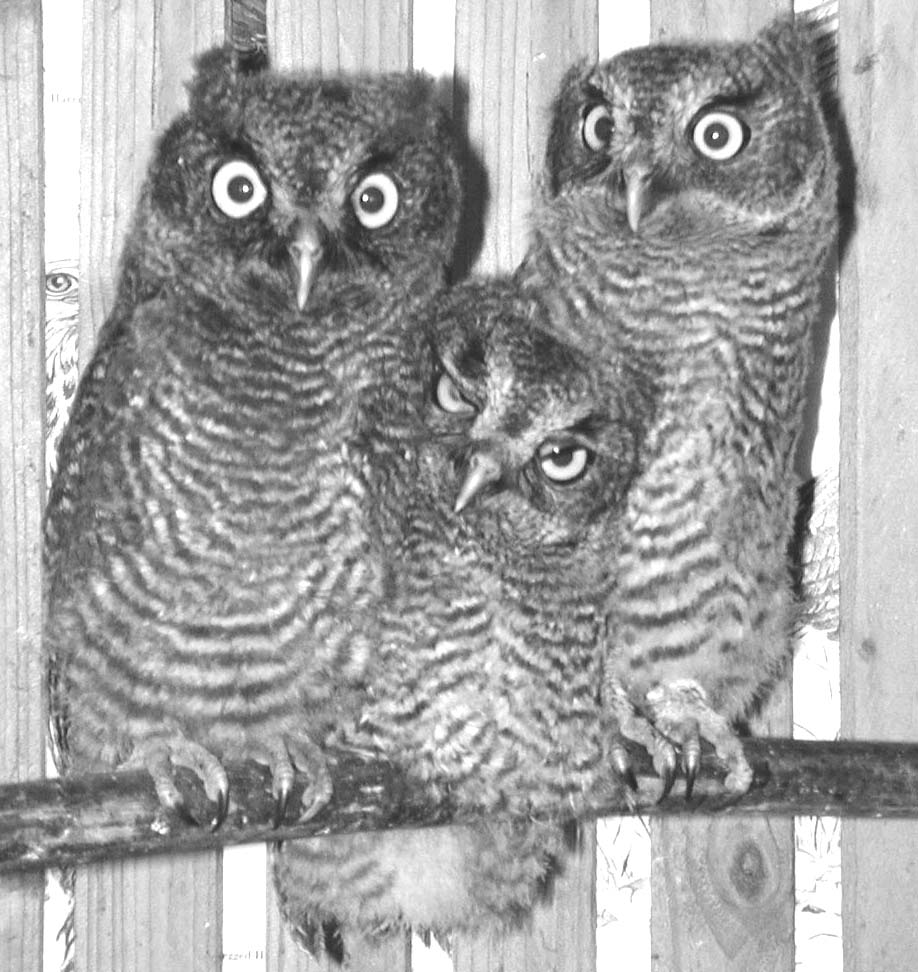

[ Gallery | About the ENHS | Membership | Lecture Calendar | Resources and References ] [ Links | Community Events | ENHS Board | Previous Features | Kids Zone ] |
|
Page last modified: 13 December 2003 Location: http://biology.uoregon.edu/enhs/archive/dec03/dec031.html E-mail the WebSpinner: cpapke@gmail.com |